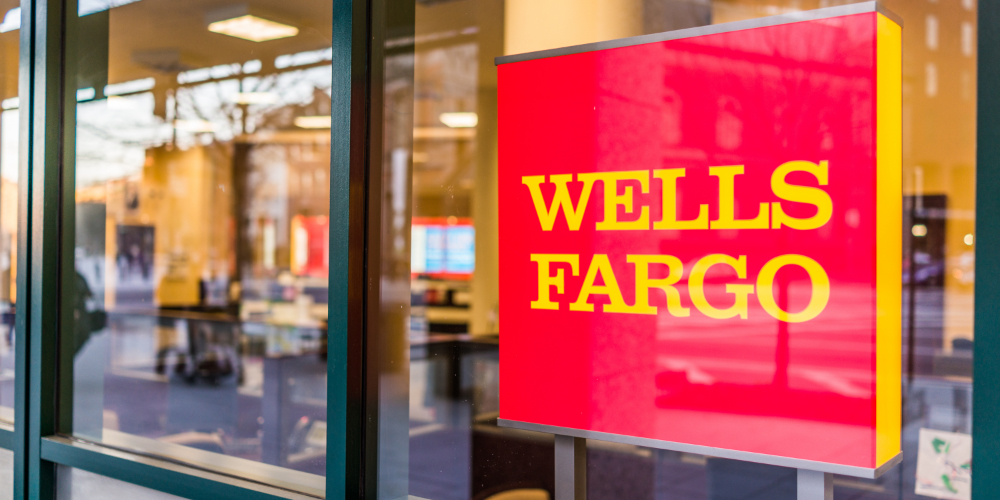The Wrongdoings
The DOJ explained that Wells Fargo admitted to using illegal sales practices which began in 1998 when the company increased focus on sales volume. From 2002 to 2016, Well Fargo’s Community Bank used what it called “gaming” strategies. Community Bank was the company’s largest business unit at the time, consistently generating more than half of the group’s revenue.
The gaming strategies “included forging customer signatures to open accounts without authorization, creating PINs to activate unauthorized debit cards, moving money from millions of customer accounts to unauthorized accounts in a practice known internally as ‘simulated funding,’ opening credit cards and bill pay products without authorization, altering customers’ true contact information to prevent customers from learning of unauthorized accounts and prevent Wells Fargo employees from reaching customers to conduct customer satisfaction surveys, and encouraging customers to open accounts they neither wanted or needed,” the DOJ described.
Community Bank’s top managers were aware of the unlawful, unethical and illegal gaming practices as early as 2002 but did not take sufficient action to prevent and reduce the incidence of such practices, the DOJ alleged, adding:
Community Bank senior leadership viewed negative sales quality and integrity as a necessary byproduct of the increased sales and as merely the cost of doing business.
Illegal Practices for Over 15 YearsThe U.S. Department of Justice (DOJ) announced Friday that Wells Fargo has agreed to pay $3 billion to resolve criminal and civil investigations into fraudulent sales practices involving millions of customer accounts. The practices occurred between 2002 and 2016 when the company pressured its employees to meet unrealistic sales goals. The DOJ stated:Wells Fargo admitted that it collected millions of dollars in fees and interest to which the company was not entitled, harmed the credit ratings of certain customers, and unlawfully misused customers’ sensitive personal information, including customers’ means of identification.
Categories
- Country (113)
- Deportes (6)
- Fútbol (2)
- Docencia (77)
- Competividad (1)
- Dinero (7)
- Familia (3)
- Freedom of Speech (1)
- Games (1)
- Gobierno Abierto (4)
- Justicia y Leyes (7)
- Music (4)
- Open Source (15)
- Privacidad (1)
- Religion (1)
- Salud (17)
- Sistema Educativo (8)
- Smart City (9)
- Soluciones (1)
- eLearning (1)
- Money, Sex & Power (15)
- Bitcoin Price (1)
- Bussiness Model (5)
- Science & Technology (67)
- 3D Printing (1)
- Artificial Intelligence (6)
- Augmented Reality (2)
- Autopilot (4)
- Blockchain (5)
- Hardware (1)
- Plataform (5)
- Programming (7)
- Robot (2)
- Software (22)
- Tools (2)
- Video Games (5)
- Water (1)
- Uncategorized (798)
- World (83)
- Airlines (4)
- Corruption $ Debt (8)
- Ecology & Polution (3)
- Economics (16)
- Energy (4)
- Farmaceutica (1)
- Financial System (1)
- Food (8)
- Graph & Charts (2)
- Health (23)
- Knowledge (5)
- Maritime (2)
- Military (5)
- Religion (2)
- Traffic (3)
- Transporte (2)
- Water (2)
Tags
3D Kit (4) Abandonware (2) ACP (2) Alan García (2) APRA (2) BeOS (16) Centos (2) Corona Virus (4) CriptoChico (3) Cuello (2) Download (3) Drone (2) Emulator (5) Facebook (6) Foul (3) Fútbol (2) Hackintosh (5) Hayek (2) Hemp (2) IDAAN (2) Linux (3) LiveCode (2) LoRaWAN (2) MacOS (4) Market Capitalization (4) Odoo (11) Ollanta Humala (2) Orthotropics (2) PowerPC (3) Revolution (6) Robot (2) Snap (2) StarCraft II (3) Tesla (2) Tools (4) ToScrap (3) Trigger Point (12) Uber (4) Virtual Machine (3) Water Treatment Solutions (2) Water War (3) WebSite (9) WEF (2) Wish List (2) WordPress (3)-
Recent Posts
Recent Comments

